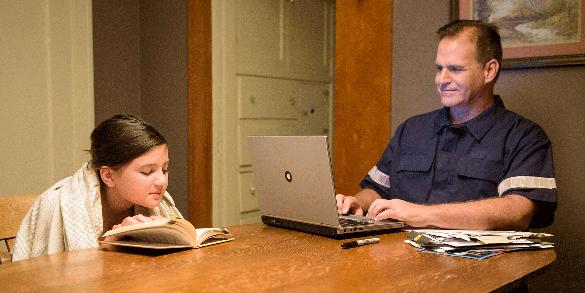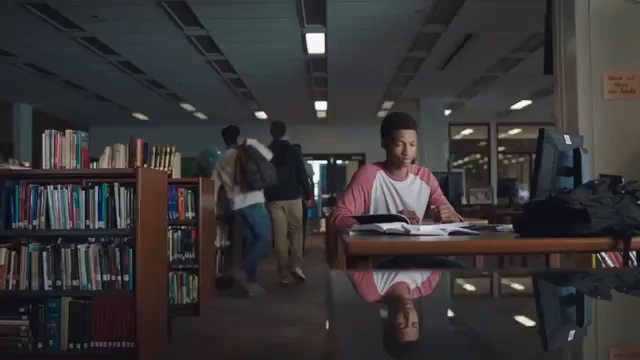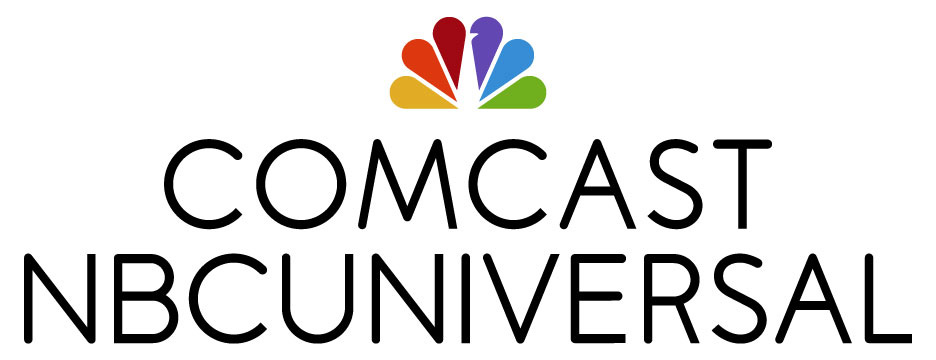4 Million Low-Income Americans Have Crossed the Digital Divide Through Internet Essentials
PHILADELPHIA, August 15, 2017 /3BL Media/ - Today, Comcast Corporation announced that its acclaimed Internet Essentials program, the nation’s largest and most comprehensive high-speed Internet adoption program, has now connected more than four million low-income Americans, in one million households, to high-speed Internet service at home. The State of Florida is second to California with the most connected households in the country, having connected more than 120,000 low-income households benefitting nearly 500,000 Floridians.
The company also announced three key program enhancements:
-
For the fourth time in six years, Comcast will increase the program’s Internet service speeds, this time from 10/1 Mbps to up to 15/2 Mbps. More speed was the number one requested enhancement from Internet Essentials customers, and this latest increase will improve streaming quality in the home (15 Mbps is three times the speed necessary to view a high-definition video), especially when multiple devices are connected to the Internet at the same time.
-
To help family members connect to the Internet on the go and save money on their wireless bills, Internet Essentials customers will now enjoy 40 hours of free out-of-home WiFi access per month to the company’s growing network of 18 million Xfinity WiFi hotspots. This WiFi access is being offered in addition to the free in-home WiFi Internet Essentials customers currently enjoy.
-
Comcast is also expanding its pilot program for low-income senior citizens from five cities and metropolitan areas to 12, including today in Miami-Dade County.
David L. Cohen, Senior Executive Vice President and Chief Diversity Officer of Comcast Corporation, made the announcements in Miami with six-time Olympic medalist Jackie Joyner-Kersee, who will serve for the second year as Internet Essentials’ national spokesperson. Cohen also introduced Adamari López, host of Telemundo’s Un Nuevo Día, who will become the program’s first ever national Hispanic spokesperson. The three kicked off a multi-city tour, which will run through October.
"When we started this program six years ago, we never imagined four million low-income Americans would benefit from it," said Cohen. "We also never would have reached this milestone without our many dedicated nonprofit partners, elected officials, educators, employees, and advocates who were all united by the belief that the Internet is essential, not only to compete in the 21st century economy, but also to be connected to loved ones and the world. While this milestone is a wonderful moment to celebrate, it also inspires all of us to keep going to connect even more families to all that the Internet has to offer for education, jobs, healthcare, news, information, and entertainment."
Joyner-Kersee added, "I remain so honored that Comcast asked me to serve as the national spokesperson for Internet Essentials. In my post-Olympic career, I’ve tried to inspire students and athletes to reach their dreams. They can’t do that, however, if they don’t work hard or have the tools they need to succeed. The Internet Essentials program gives every child access to a level playing field so we don’t leave an entire generation behind."
López said, "I am thrilled to be joining the Internet Essentials program as the national Hispanic spokesperson. 55 percent of Internet Essentials customers are Hispanic, which shows how much they appreciate the value of the Internet because it is a connection to their families and their culture. They also value it because of what it means for education and employment opportunities. I look forward to helping to connect even more Spanish-speakers to the amazing resources this program offers."
Internet Essentials has an integrated, wrap-around design meant to address each of the three major barriers to broadband adoption – digital literacy, access to computer equipment, and affordable Internet service. The program is also structured as a partnership between Comcast and thousands of school districts, libraries, elected officials, and nonprofit community partners.




